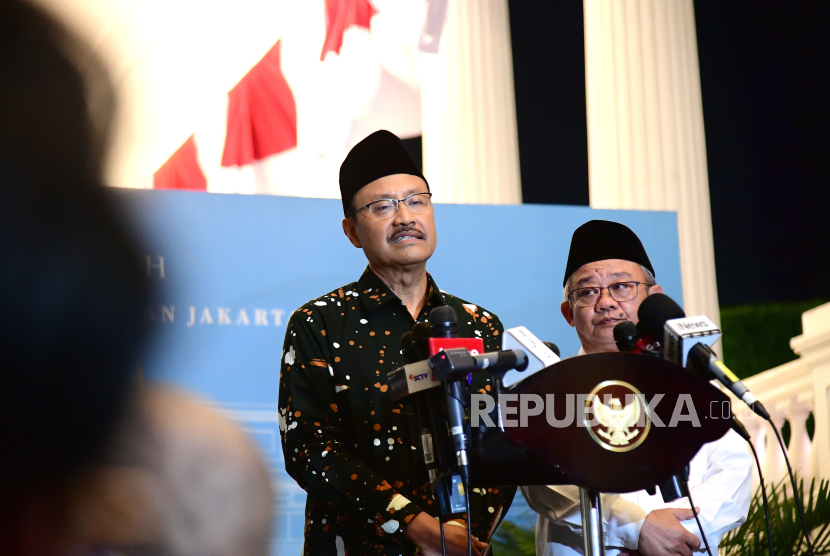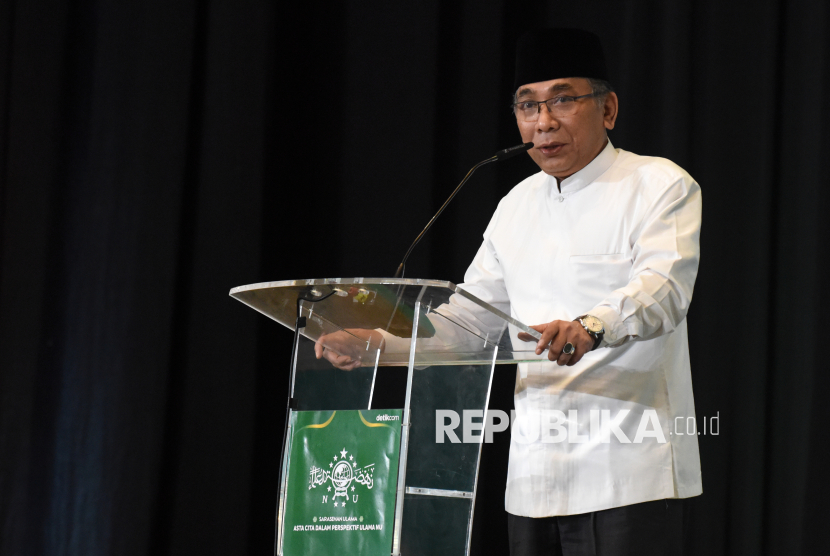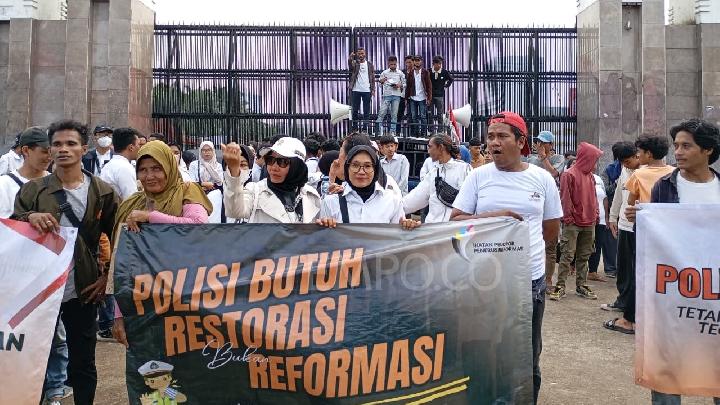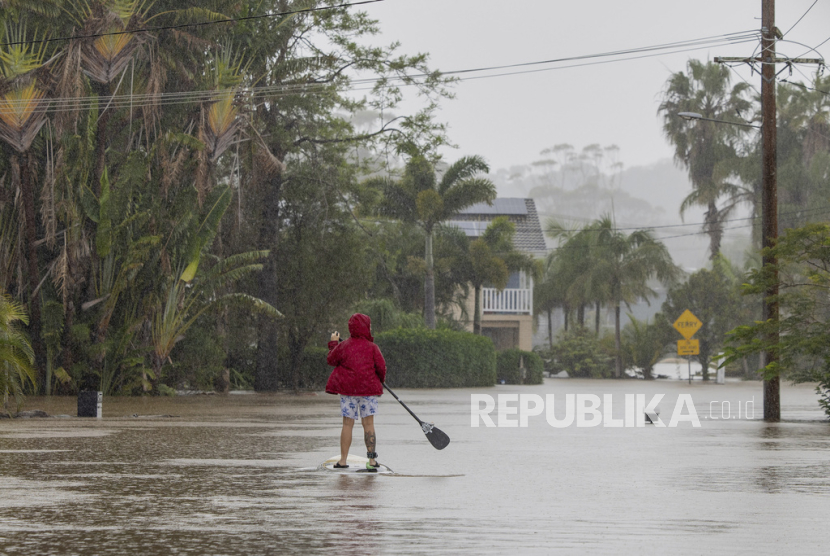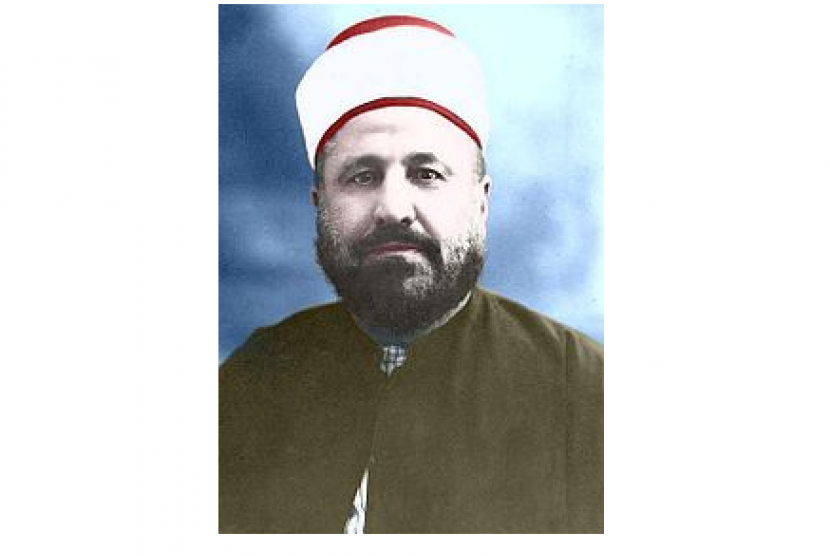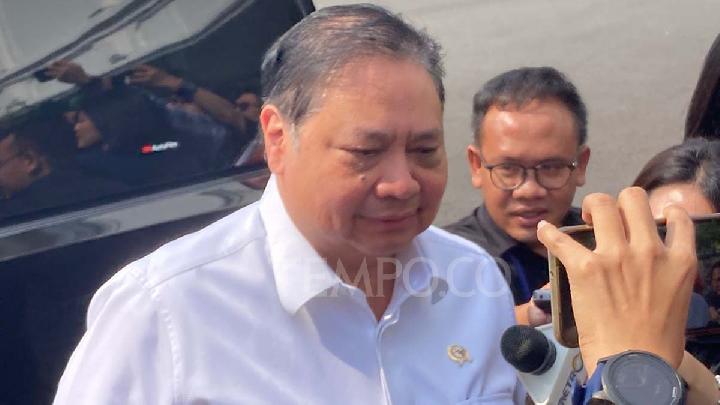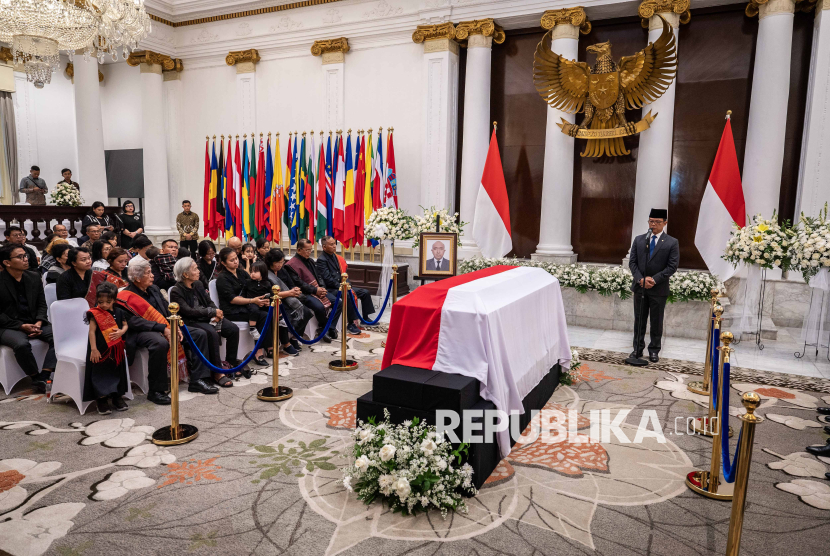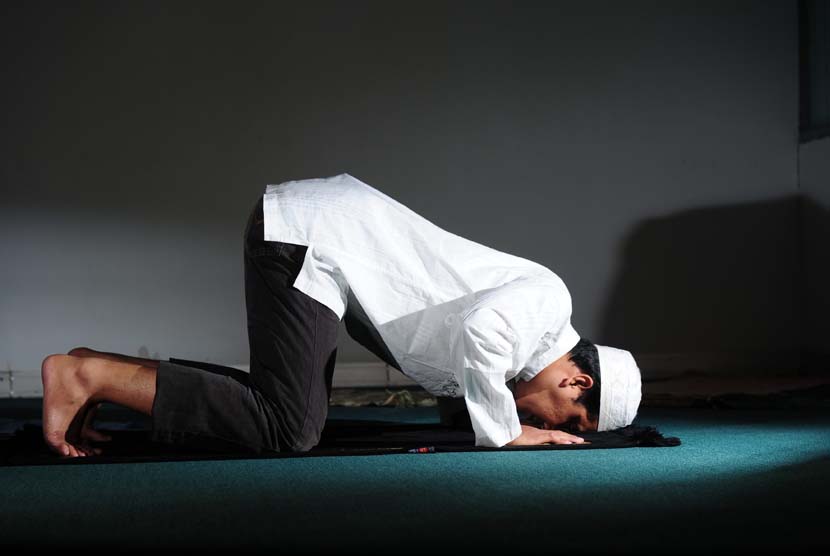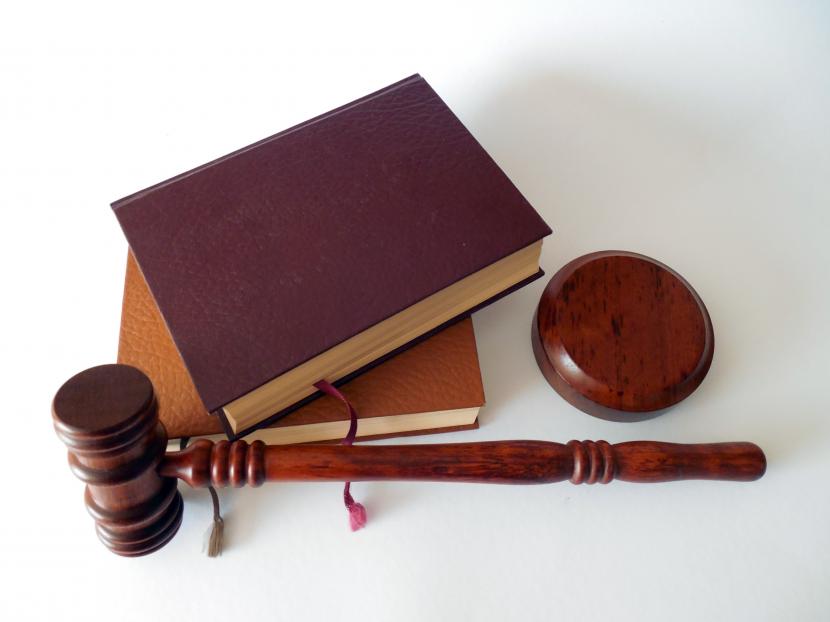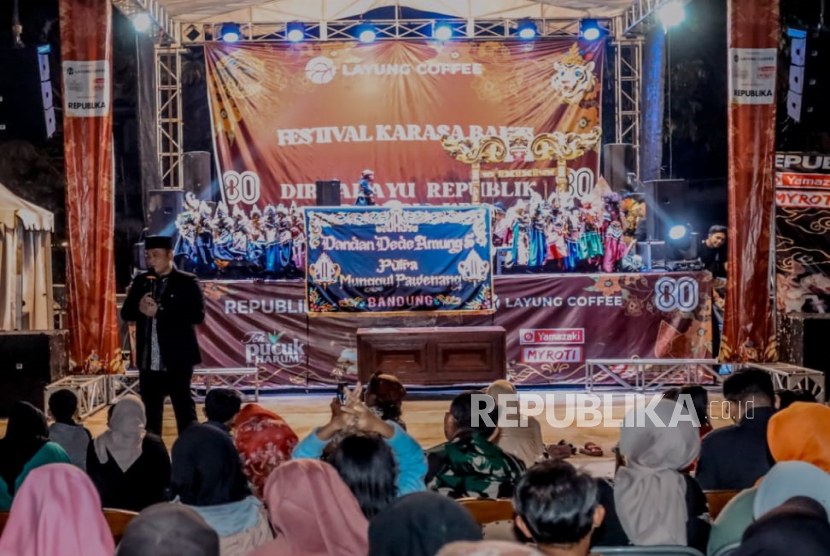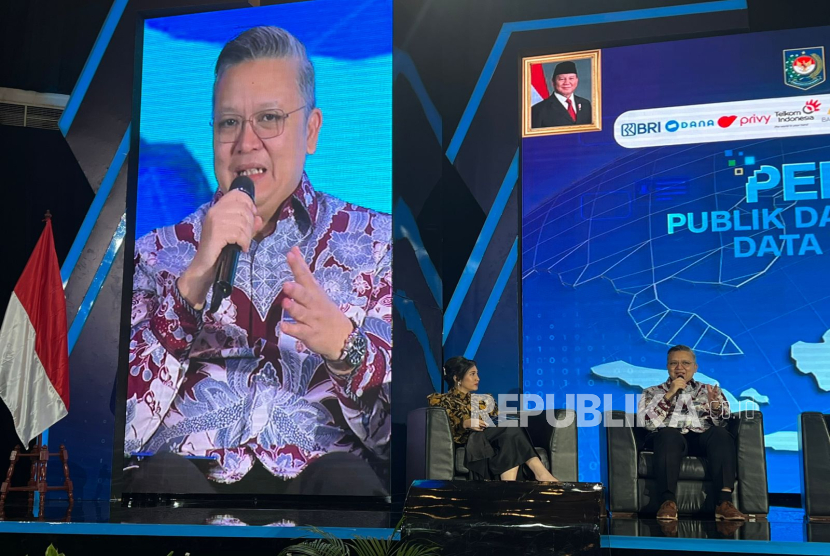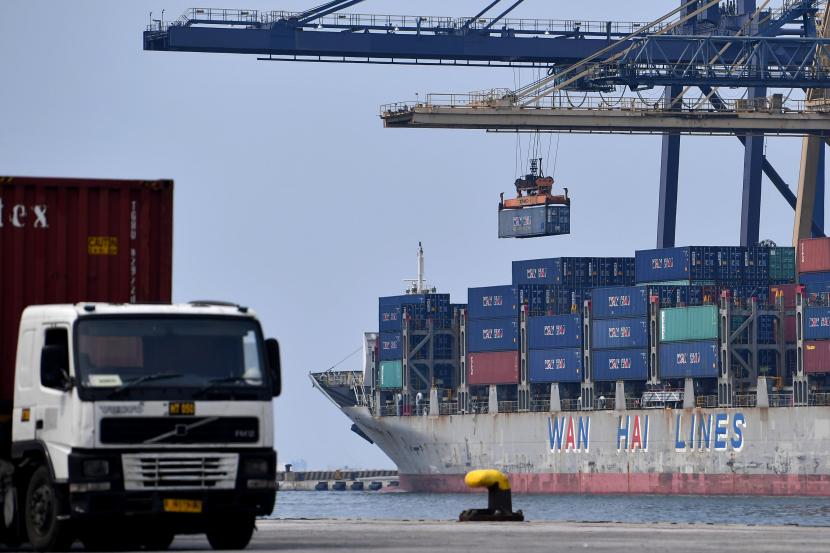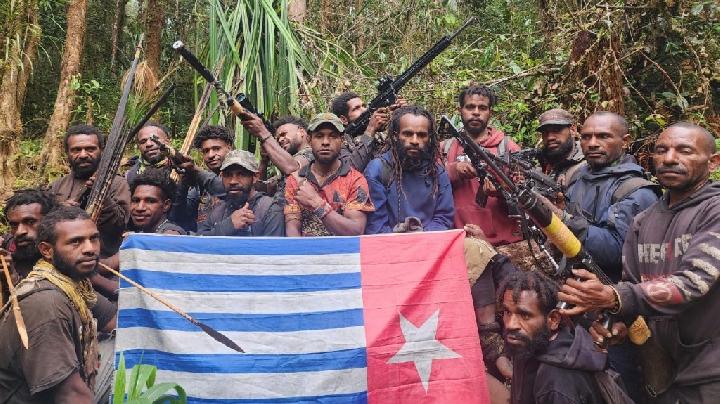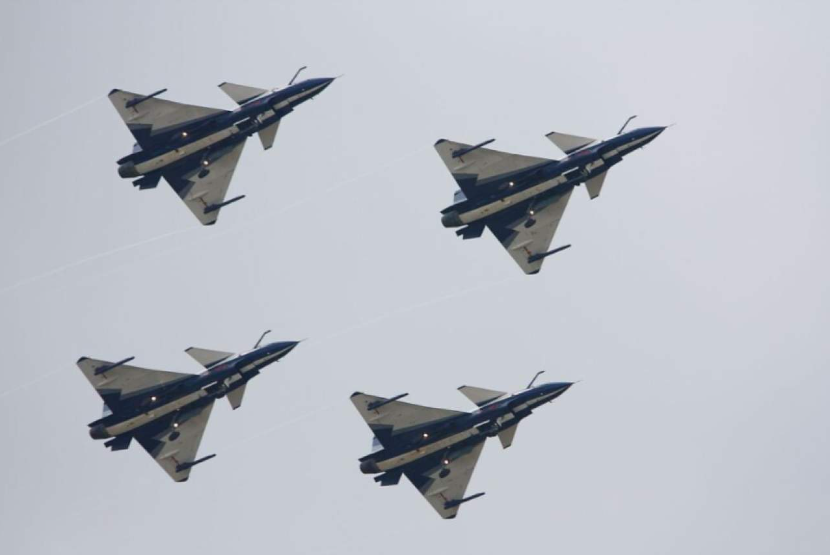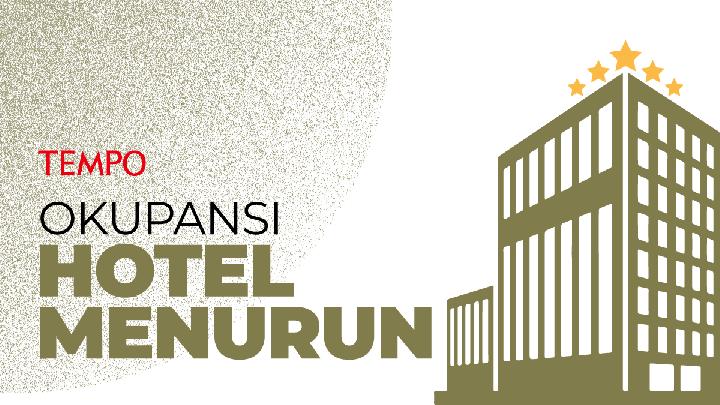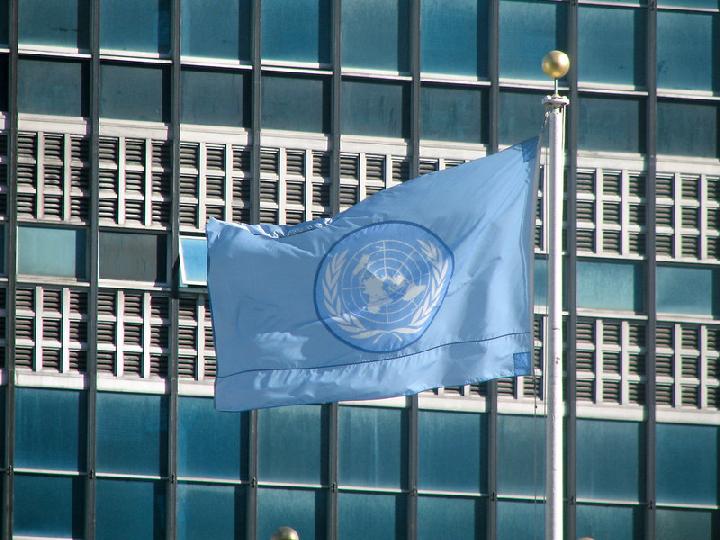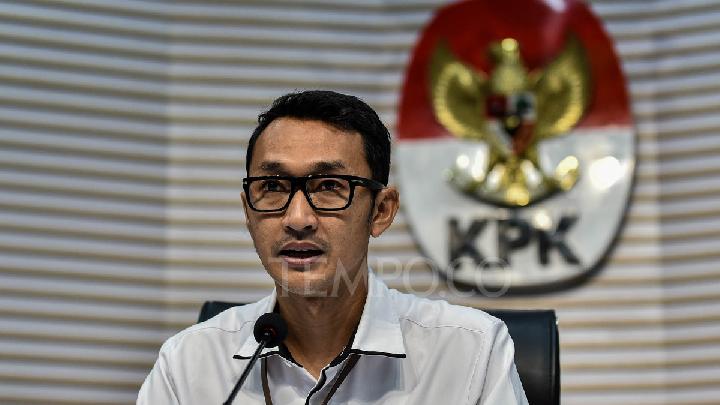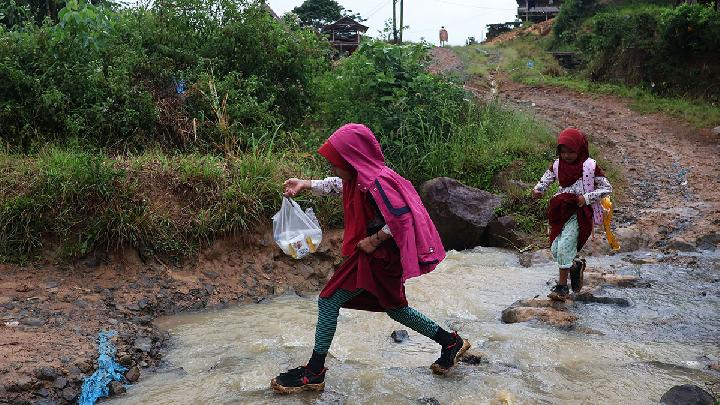TEMPO.CO, Jakarta - Ireland is known as one of the most pro-Palestinian countries in the world. Unlike many Western countries that express support with reservations, Ireland has consistently aligned itself with the Palestinian cause unconditionally.
This stance stems from a sentiment deeply rooted in the historical experience of colonization and conflict. Many Irish people see parallels between their history under British rule and the Palestinian experience under Israeli occupation. This similarity fosters strong empathy and solidarity with the Palestinian cause. This perspective is often framed through the lens of anti-colonial struggle, with several Irish artists and activists articulating this connection culturally and politically.
Irish President Michael Higgins even criticized European Commission head Ursula von der Leyen's remarks regarding the conflict that erupted on October 7, 2023, emphasizing that these views do not represent Ireland.
Shared Background of Occupation
The New Arab reported that Ireland's solidarity with Palestine is rooted in a shared experience of foreign occupation, marked by famine, displacement, and brutal military repression. This kinship is not a recent phenomenon, but reflects Ireland's long-standing support for Palestine, shaped by its colonial past.
Ireland's path to independence was fraught with conflict, and only fully materialized in 1922 after a guerrilla war against British Crown forces. The ensuing peace treaty granted independence to most of Ireland, but left the six northern counties of Ulster under British control, creating Northern Ireland – a region structured to ensure Protestant political dominance at the expense of the Catholic minority.
This division was rooted in sectarian divisions, with Catholics being treated as second-class citizens, experiencing disparities in policing, employment, and politics. The Protestant government, envisioned as a "Protestant State" by its first Prime Minister, James Craig, marginalized Catholic participation. Tensions escalated during the 1960s civil rights movement in Northern Ireland, which initially sought peaceful reform but was met with harsh state repression, culminating in a decades-long violent conflict known as "The Troubles," which only ended with the Good Friday Agreement in 1998.
The parallels between the Irish and Palestinian struggles are striking. Britain's 1917 Balfour Declaration, intended to establish a Jewish homeland, was described by Ronald Storrs, the British military governor of Palestine, as an attempt to create a "loyal Jewish Ulster," a direct reference to the Protestant north of Ireland.
Furthermore, British forces that had suppressed Irish resistance, such as the infamous "Black and Tans" and Henry Hugh Tudor, were later deployed in Palestine to quell unrest. During the Troubles, Irish nationalists expressed solidarity with the global movement for civil rights, including the Palestinian cause. The Irish Republican Army (IRA) established military ties with the Palestine Liberation Organization (PLO), including training exchanges and arms transfers. This connection is still visible in Northern Ireland today through murals and the frequent display of the Palestinian flag.
Recognition of the State of Palestine
Based on a shared destiny, Ireland became the first European Union country to support Palestinian statehood in 1980 and continues to vigorously advocate for Palestinian rights, as reported by NPR. The country also delayed the opening of an Israeli embassy in Dublin until 1993, signaling its opposition to Israeli policies towards Palestine.
In 2024, Ireland officially recognized the state of Palestine, a historic step celebrated domestically and condemned by Israel. Irish government leaders emphasized Ireland's unique position as a former colonial state and urged other European countries to follow suit.
The Irish people's deep identification with Palestine is further strengthened by experiences such as the Northern Ireland conflict, which featured military occupation, checkpoints, and separation walls reminiscent of those in Palestine. This shared history of occupation and struggle has made the Palestinian cause a key issue in Irish domestic politics and civil society activism, manifested in ongoing demonstrations and legal efforts in support of Palestine.
Defender of Palestinian Rights
Ireland stands alone in the European Union as a staunch supporter of Palestinian rights, demonstrating a deep-rooted commitment that extends from the grassroots movement to the highest levels of government.
Ireland's view of Israel developed through its own colonial history and conflict, interpreting Israel as a colonial entity imposed by British interests that dominated its native population. This perspective was reinforced after Israel's 1967 occupation of East Jerusalem, the West Bank, and Gaza – an act that served as a reminder of Britain's past oppression of Ireland.
Ireland's empathy for the Palestinian people resonates throughout its society, from ordinary citizens to members of parliament. James Quigley of the Palestine Solidarity Campaign Belfast, as quoted by Anadolu, drew parallels between Ireland's colonial history and the Palestinian struggle against occupation, stating that the Palestinian struggle is a defining humanitarian issue of our time. He likened it to the struggle against apartheid in South Africa and expressed his belief that solidarity would help overcome it.
Gerry Carroll, a Northern Irish politician, highlighted the widespread pro-Palestinian sentiment in Ireland and emphasized the importance of vocal opposition to violence in Palestine, especially amidst efforts by other European countries to criminalize such protests. He envisioned expanding the solidarity movement to connect internationally with others who support Palestinian rights.
Sue Pentel of Jews for Palestine in Ireland emphasized Ireland's potential as an advocate for Palestine on the global stage. She criticized the European Union's limited aid to Palestinians and expressed personal conflict as a Jewish individual who opposes Israeli government policies, condemning the siege of Gaza and the violence in the West Bank.
At the community level, initiatives such as the fundraising effort by Bobby, a pub worker in Belfast, demonstrate broad grassroots support, with the entire country united behind the Palestinian cause. Ireland's position transcends domestic politics, advocating for a broader international coalition to address the ongoing injustices against Palestinians.
Editor's Choice: Irish President Calls for UN Military Intervention in Gaza
Click here to get the latest news updates from Tempo on Google News

